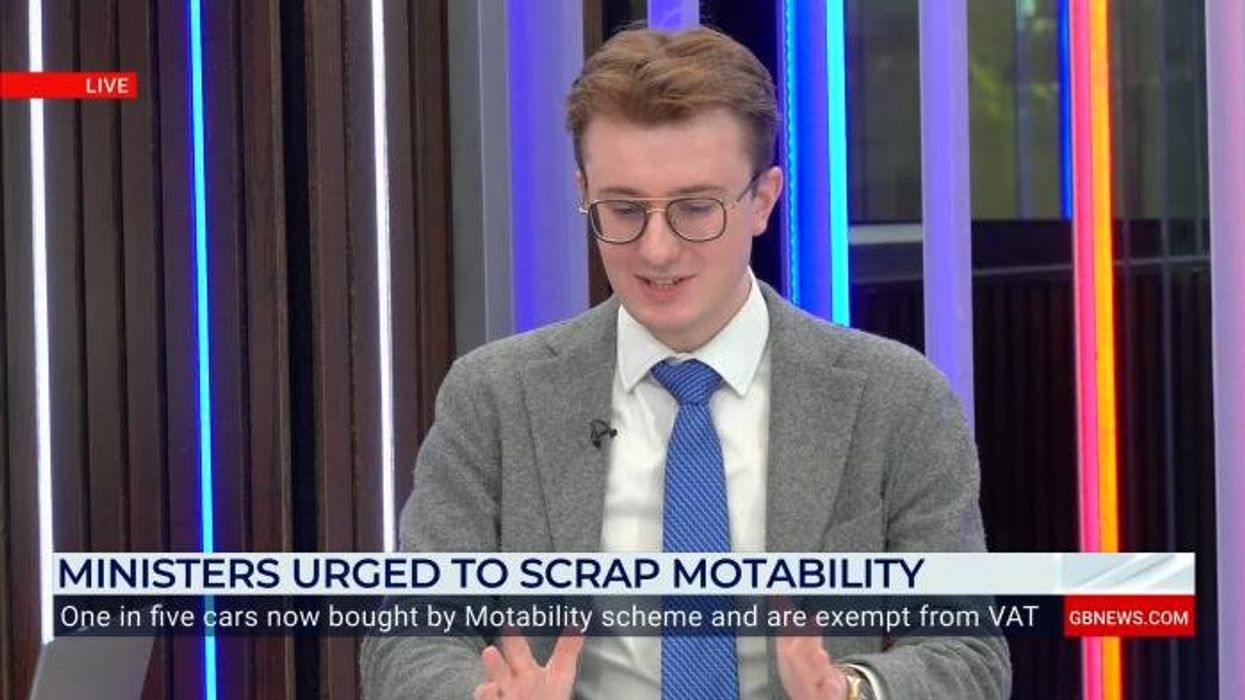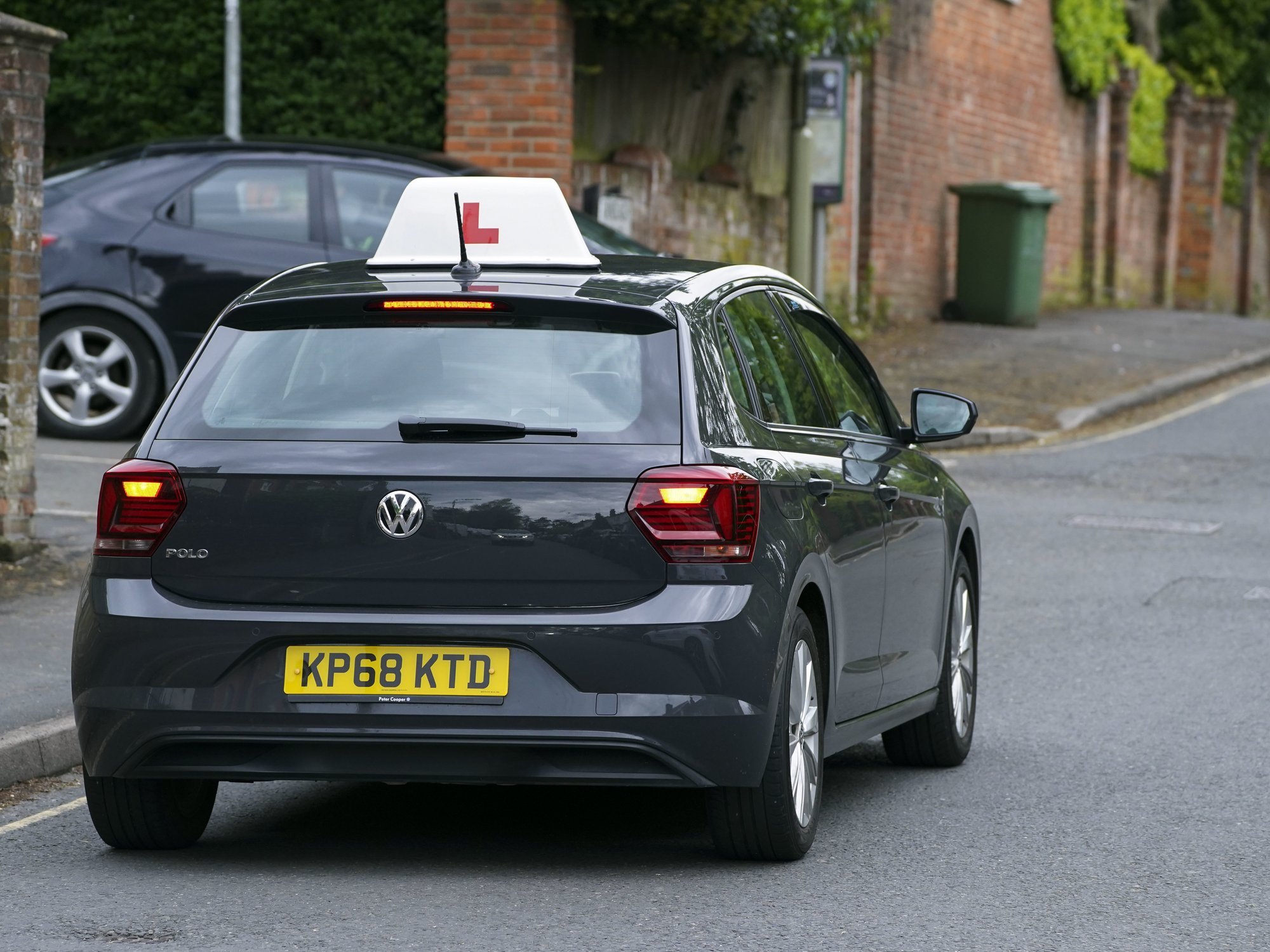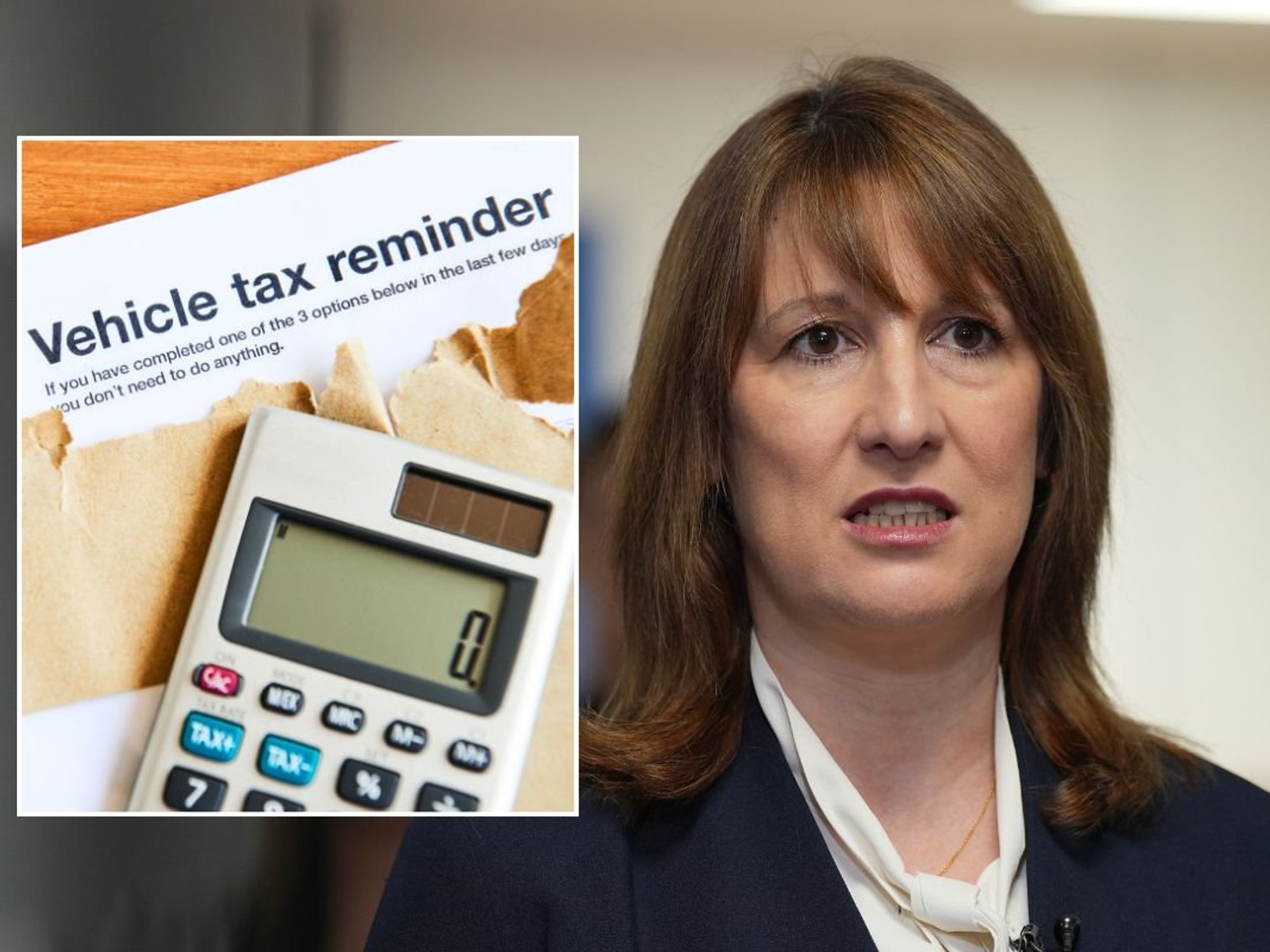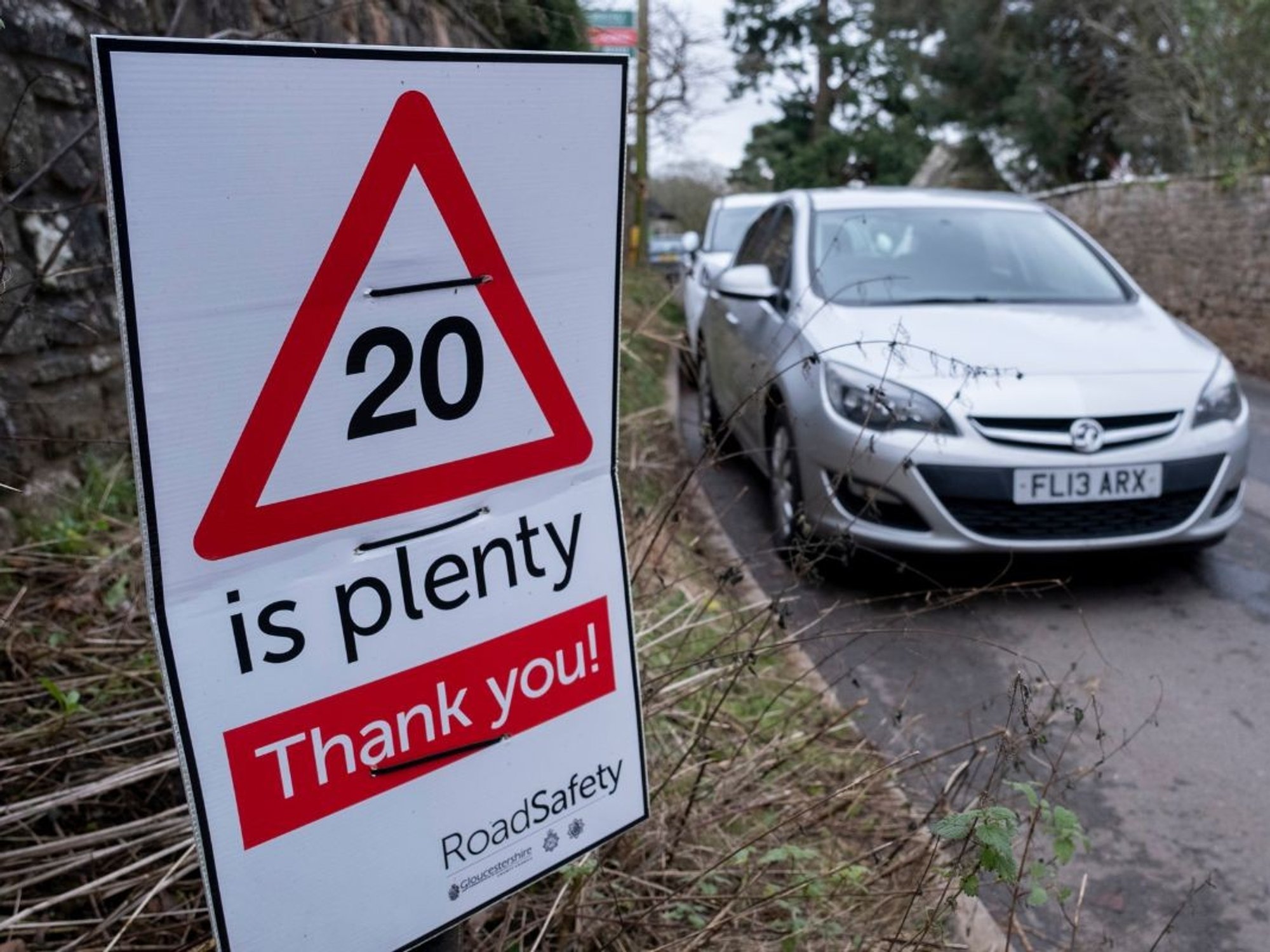BMW, Audi, Mercedes and more axe Motability schemes amid severe backlash from Britons

Several luxury car brands have been removed from Motability schemes
Don't Miss
Most Read
Five major luxury car brands have been removed from the Motability disability car scheme with immediate effect following nationwide outrage.
Motability Operations has confirmed that cars from BMW, Mercedes-Benz, Audi, Lexus and Alfa Romeo will no longer be available to lease through the scheme, which has often faced criticism over who qualifies and which vehicles can be obtained.
The decision comes after new findings showed that 85 per cent of people using the scheme were paying extra to upgrade to higher-specification, premium cars.
Motability currently supplies around 300,000 vehicles each year to people across the UK who receive disability benefits.
TRENDING
Stories
Videos
Your Say
Transport Secretary Heidi Alexander had already suggested she supported this decision, saying she would be "comfortable" with removing "really high-end cars" from the scheme.
Under the Motability system, disability benefit recipients can exchange their mobility allowance for a leased vehicle.
These leases come with exemptions from VAT and Insurance Premium Tax, making the programme attractive to many.
However, only about 10 per cent of the vehicles provided are adapted specifically for wheelchair users, even though the scheme is intended to improve mobility for people with disabilities.

BMW, Mercedes-Benz, Audi, Lexus and Alfa Romeo have stopped offering Motability schemes with immediate effect
|GETTY/MOTABILITY
Concerns have been raised about a jump in applications from people with mental health conditions, and critics have called for tighter rules on who can join.
Ministers have now started reviewing eligibility as part of Sir Stephen Timms' ongoing examination of Personal Independence Payments, with recommendations expected next August.
Government spending on the Access to Work programme reached £321million in the year to March, up 22 per cent from the previous year and more than double the £154million spent before the pandemic.
Sir Timms, who oversees social security and disability policy, has acknowledged that the sheer number of people seeking support has created major pressures, saying it has been difficult "to keep up with the demand".
LATEST DEVELOPMENTS
- Labour urged to step up support as national EV charging inequality prompts serious concern - 'Clear gaps'
- Labour targets major driving offence for first time in 10 years under tougher proposals - 'We will catch you'
- Rachel Reeves braces for nationwide anger as campaigners demand fuel duty stays frozen - 'Wrong measure'

Luxury car brands have now begun removing the Motability scheme from their offering
| MOTABILITYAccess to Work can fund up to £70,000 per person each year to pay for workplace equipment, support services or other assistance.
Mental health conditions have now become the largest category of recipients, making up 38 per cent of the 61,670 people approved last year.
The programme does not require a formal diagnosis, while assessments can be skipped if an applicant can explain what support they need, according to the Department for Work and Pensions.
People who are deaf or hard of hearing account for the biggest share of the programme's costs at 28 per cent. Those with mental health conditions and those with visual impairments each make up about 12 per cent of spending.
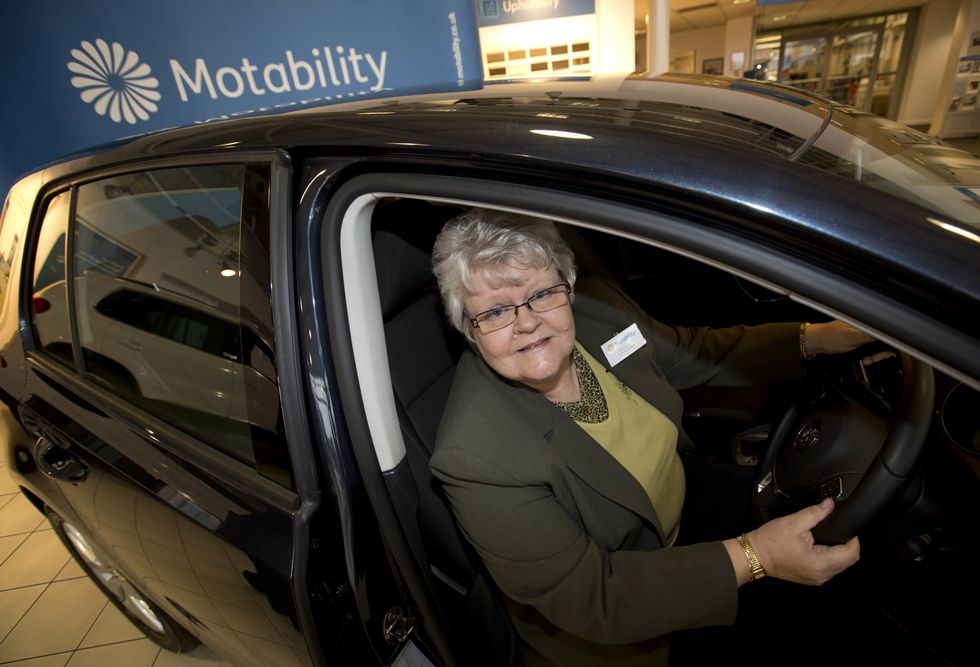
Critics have warned that many drivers have been abusing the scheme, opting for a more expensive vehicle
| PASupport workers remain the most commonly funded form of help, provided to 32,370 people in the year to March 2025.
Despite rising costs, the overall number of approvals has fallen. The scheme recorded its first decline since the pandemic, dropping 10 per cent from 68,730 approvals the previous year.
A Department for Work and Pensions spokesperson said: "Access to Work supports thousands of sick or disabled people to start or stay in work, but the scheme we inherited is failing employees and employers.
"That's why we're working with disabled people and their organisations to improve the scheme, ensuring people have the support, skills and opportunities to move into good, secure jobs as part of our Plan for Change."


